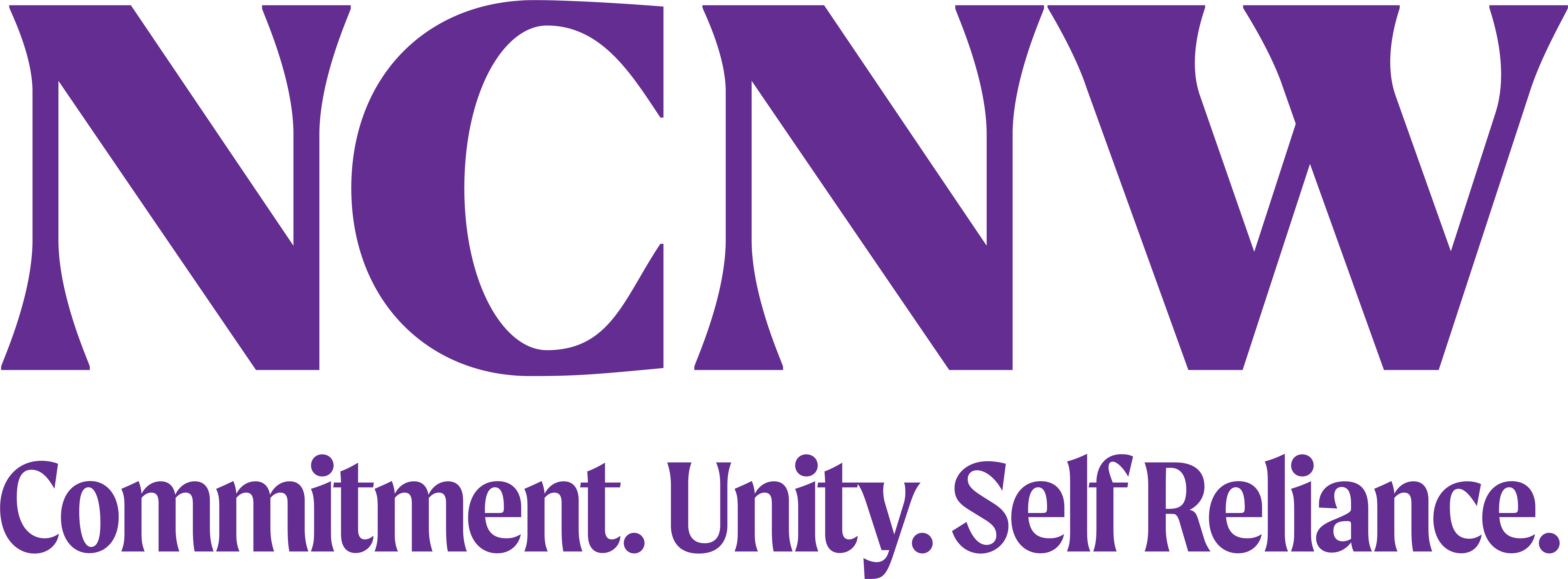CHW Toolbox for Advancing Health Equity in AA/B Women
Addressing Breast Cancer Awareness with Precision

Early detection, consistent screenings, and timely treatment are vital, yet systemic barriers often limit access to these services.
CHWs must advocate for accessible screening programs, promote the importance of regular mammograms, and ensure that culturally tailored educational materials are available. Additionally, CHWs should leverage Artificial Intelligence (AI) tools to improve outreach and diagnostic accuracy. AI-driven platforms can help identify at-risk populations, streamline patient data for personalized care, and offer predictive analytics to ensure timely interventions.
AI can also play a role in helping AA/B women participate in clinical trials—an area where their representation is currently lacking. CHWs can work to demystify these trials, ensuring that women understand the benefits of participation and how these opportunities can lead to better, more inclusive research.

Combatting Domestic Violence Through Education and Support
A CHW’s toolbox must include trauma-informed care resources, culturally sensitive support networks, and collaborations with local shelters and legal services. CHWs can also utilize AI-based tools to enhance confidentiality and safety, such as secure communication apps that help victims access resources discreetly.
AI technologies can offer data-driven insights into at-risk populations and patterns of abuse, helping CHWs anticipate and address violence before it escalates.
Promoting Health Literacy and Combating Intrinsic Racism
Health literacy is the foundation of empowerment, yet many AA/B women face barriers in understanding complex medical information. These barriers are often exacerbated by systemic racism that results in mistrust of healthcare institutions and providers.
CHWs should provide culturally tailored education that is easy to understand and addresses specific concerns within the community. This includes using simple, relatable language, providing information in multiple languages, and ensuring that materials reflect the lived experiences of AA/B women. AI-driven health literacy platforms can also be employed to customize educational content and ensure that it is accessible to those with lower literacy levels.
Furthermore, CHWs must continuously advocate for Diversity, Equity, and Inclusion (DEI) within healthcare systems.


